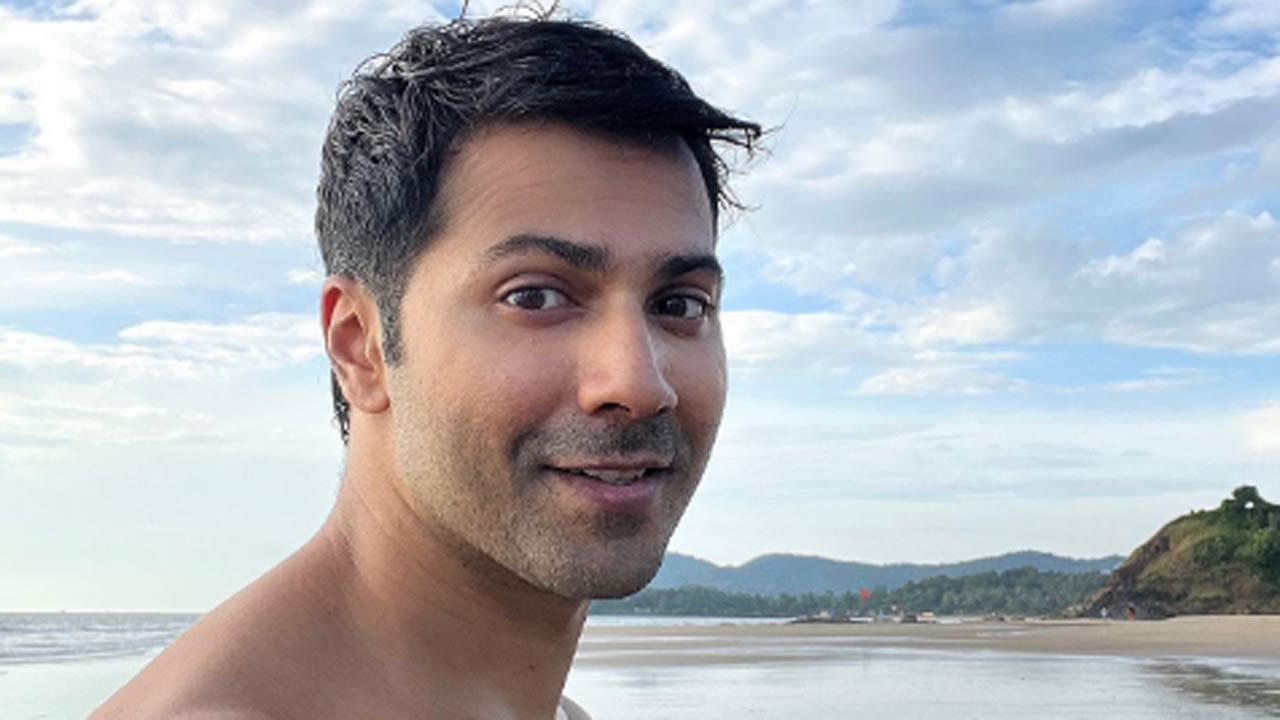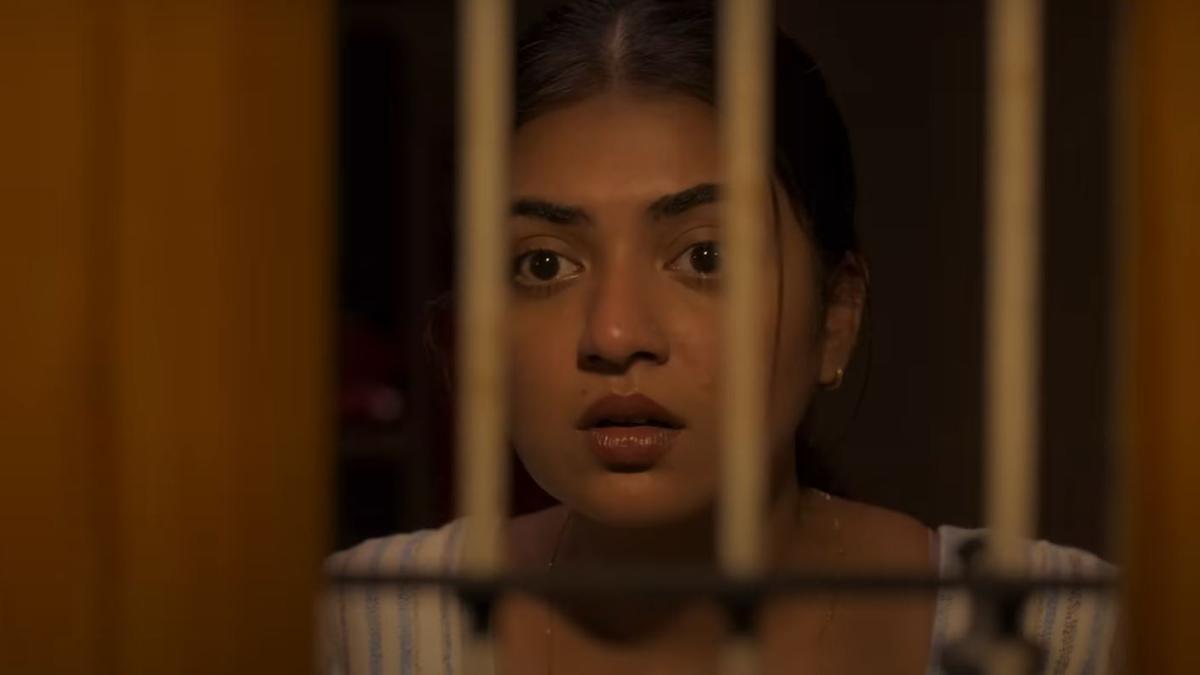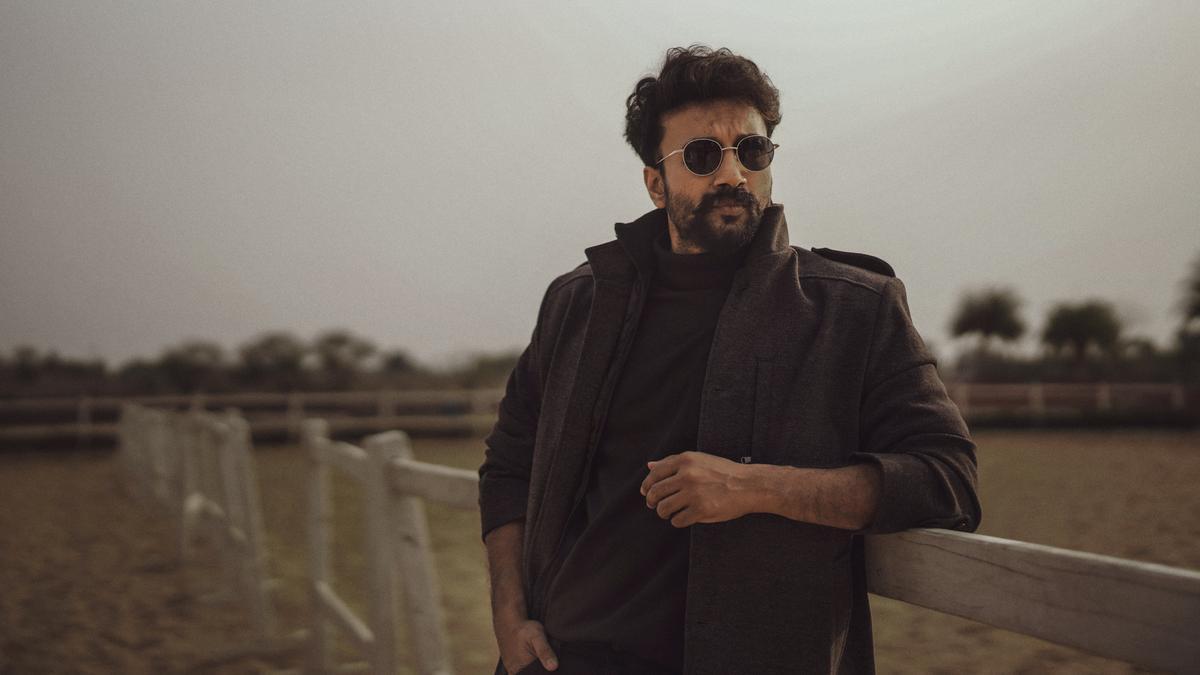
For the legion of Roger Federer fans around the world, the anticipated yet heart-rending moment arrived on September 15, 2022. On this fateful day, tennis legend Roger Federer tearfully announced his retirement, reading an emotional note that encapsulated the end of an epic and illustrious 24-year career that saw him not only secure 20 Grand Slam titles but also participate in over 1500 matches. In his heartfelt message, Federer acknowledged, “Tennis has treated me more generously than I ever would have dreamt, and now I must recognize when it is time to end my competitive career.” This officially marked the conclusion of an era that had seen him dominate the sport with grace, skill, and relentless perseverance.
Shortly after this poignant announcement, filmmakers Asif Kapadia and Joe Sabia embarked on a cinematic journey to capture the essence of Federer’s final competitive days. Their documentary, “Federer: Twelve Final Days,” meticulously tracks the Swiss maestro during the last twelve days leading up to his swansong at the Laver Cup, where he played doubles with long-time rival and dear friend Rafael Nadal at London’s O2 Arena. The concept, audacious and charged with raw emotions, aimed to unravel the mindset of this iconic sportsman as he prepped for his last stand on the professional court.
However, despite its ambitious premise, the documentary falls short of fully encapsulating the heightened anticipation surrounding Federer’s farewell. While viewers get glimpses of Federer managing his emotions and sporadically expressing his trepidation about retirement, the portrayal remains superficial. The film struggles to delve deeply into the heart of what’s racing through Federer’s mind as he approaches his final match.
The documentary opens with a montage of Federer’s greatest shots—the astonishing tweeners, the jaw-dropping passing shots—showcasing his transformation from a young, hot-headed talent into a polished, multi-dimensional player. This glimpse into his evolution is tantalizing but leaves one craving a more thorough exploration of the techniques and strategies that made him a tennis virtuoso. The initial focus of the film, detailing Federer’s struggles with multiple knee surgeries towards the latter part of his career, feels somewhat prosaic and fails to delve into the narrative depth one might expect from a filmmaker of Kapadia’s caliber.
“Federer: Twelve Final Days” doesn’t strive to unravel the enigmatic aura that Federer exudes or to dissect the competitive landscape that impacted his career. It shies away from questioning how rival legends and an increasingly fierce competitive field affected his long-standing dominance. Nor does it attempt to explore the resilience and tenacity that enabled Federer to make an incredible comeback, eventually reclaiming the World No. 1 title as the oldest ever to do so.
.
Yet, the documentary does offer engaging insights into Federer’s own thoughts on the game, maintaining interest through its less riveting sections. Particularly memorable is Federer’s analogy comparing tennis to chess: “The battle between two players is psychological,” he remarks, further elaborating that his ultimate joy was in outsmarting his opponents at their own game.
As the documentary transitions to the Laver Cup, the narrative takes a reflective turn. Here, Federer’s evolution into the sport’s ambassador is poignantly highlighted. His peers and tennis legends of yesteryears shower accolades on him, recognizing his exceptional skill and contributions to the sport.
During a pre-tournament press conference, Federer reminisces about his first tennis idol, Bjorn Borg. Despite the expectations that he would follow in Pete Sampras’ footsteps due to his dominance on grass courts, Federer fondly recalls marveling at Borg’s prowess and his captivating off-court persona.
The documentary’s finest moments are expectedly devoted to Federer’s relationships with Novak Djokovic and Rafael Nadal. Djokovic is depicted as the uninvited guest who had to carve out his space in a Federer-obsessed tennis world by addressing his technical weaknesses and embodying an unyielding spirit. Federer candidly admits not having accorded Djokovic the respect he deserved early in the Serb’s career. Conversely, Federer’s camaraderie with Nadal, layered with mutual respect and genuine friendship, shines through brightly. This profound bond is underlined by the fact that Federer shared his retirement decision with Nadal just ten days before making it public. Their rivalry, undoubtedly among the greatest in sports history, spurred both to achieve higher echelons of excellence.
The documentary’s emotional crescendo, capturing Federer’s poignant farewell, is both heartfelt and restrained. It shows him breaking down in moments of vulnerability, offering a fittingly somber yet dignified conclusion to his legendary career. This ending will inevitably pull at the heartstrings of those who followed his journey, recalling the countless times they rose early to witness his effortless supremacy, his powerful forehands, and his unerring serves, each punctuated by the umpire’s proclamation, “Game, set and match, Roger Federer!”
“Federer: Twelve Final Days” is now streaming on Amazon Prime Video, offering fans a nostalgic, albeit restrained, recounting of Roger Federer’s final days on the professional tennis court.










